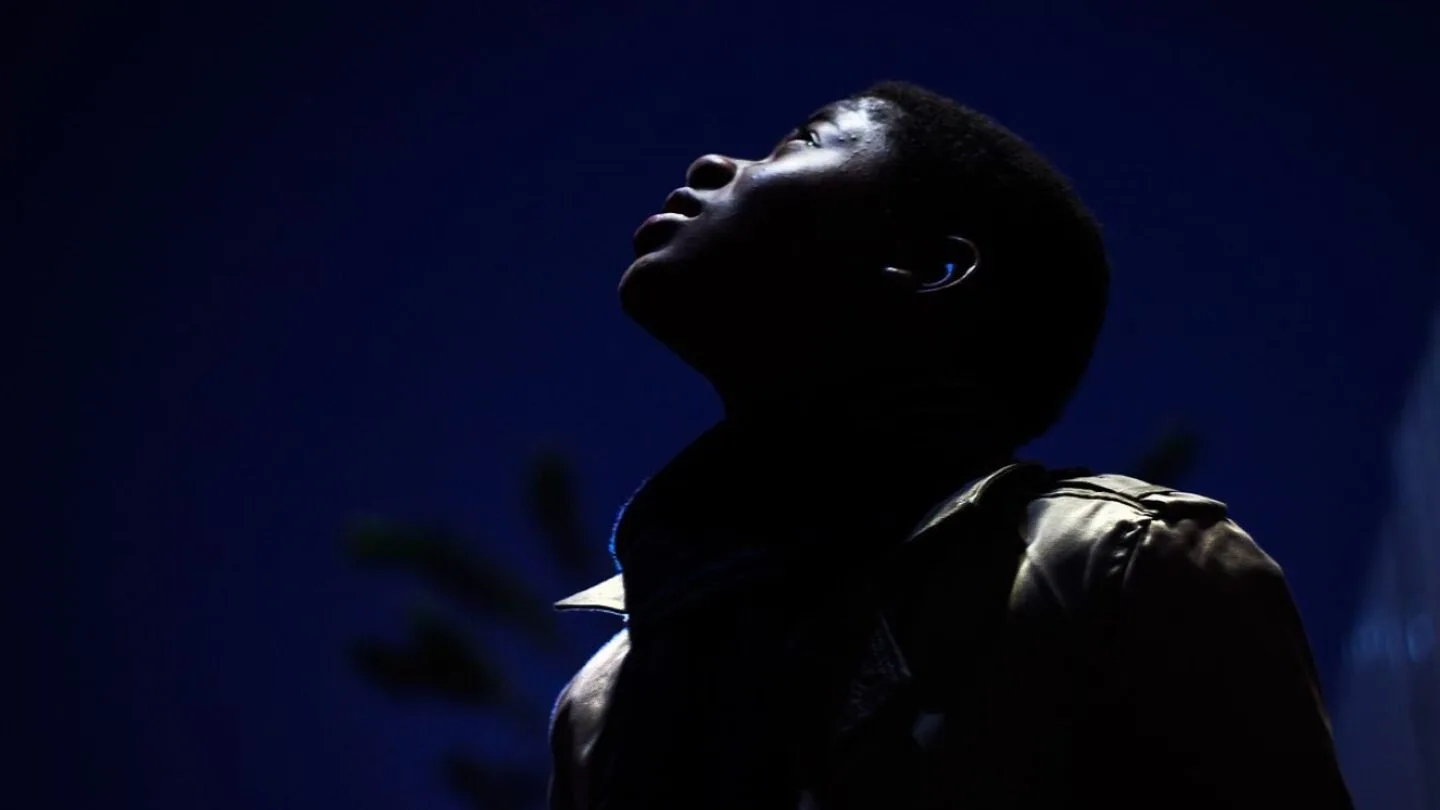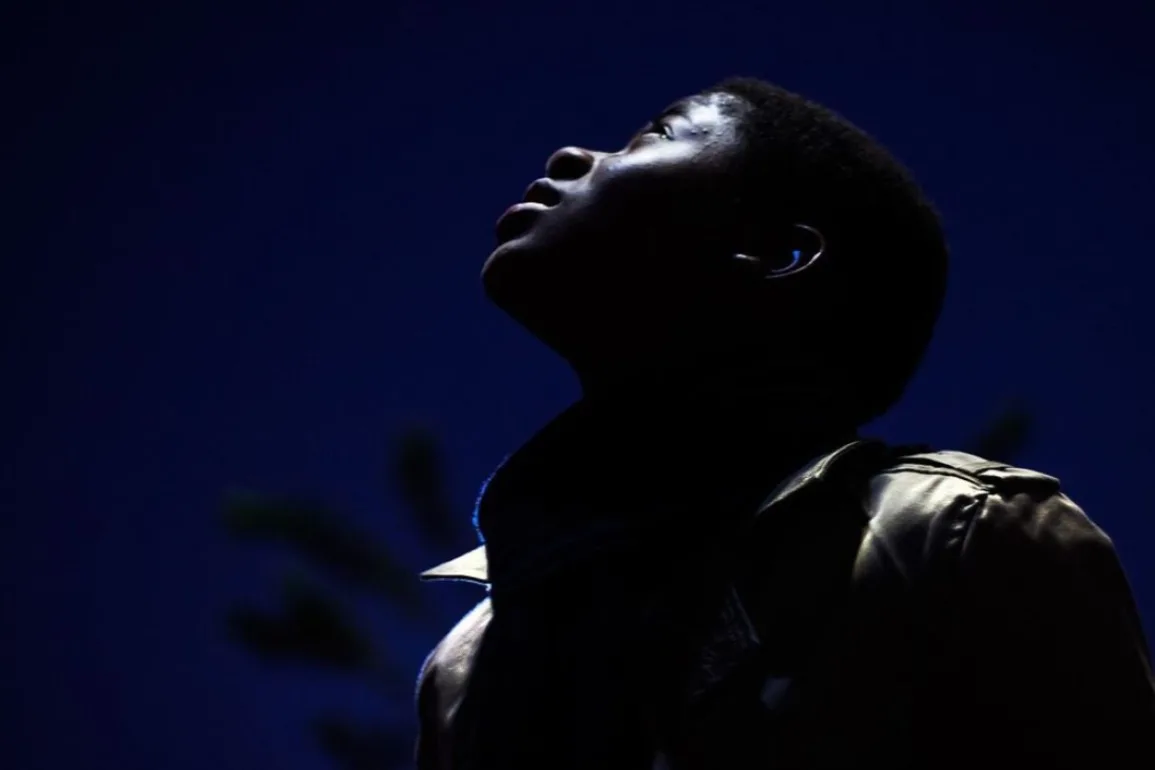
Editor’s note: The subject of suicide is discussed several times in this story.
In 2019, on the days leading up to when Camilla Harris lost her father to suicide, she witnessed firsthand the fatal struggles that mental illness can cause for men of color.
“My father knew that I loved and we loved him, but within the 72 hours I saw him before he decided to take his life…he had checked out. On that day he committed the act, I knew that he had become someone else,” Harris said.
Through her grieving, she soon realized that her father was not a monolith. Many of the men around her suffered from feelings of depression and mental health struggles as well.
With the seemingly consistent acts of racial violence and alleged systematic abuses against African American men in recent years, it was not hard for Harris to see why.
“This is my opinion, and I have no problem saying it, but I feel that Black men are the most hated group in the entire world,” she said “The world has already created a demise … they [cause Black men to] walk out the door with monkeys already on their backs.”
According to statistics from the National Institution of Health, suicide is listed as the third leading cause of death for African American males ages 15 to 24, and African American men ages 20 to 24 have the highest suicide rate among African Americans of all ages, male and female.
The desire to create a safe space for men to discuss mental health and wellness led Harris to create the Black Men’s Mental Health Conference, a forum discussing the life struggles, mental health challenges and trauma healing facing modern-day Black boys and men.
“We have to rid that stigma and that thought process because the average person who is having a mental health crisis or is possibly considering suicide is sitting right next to you.”
Camilla Harris, founder and director of the Black Men’s Mental Health Conference
Harris hopes that the event, scheduled for Saturday, June 15, at the City of South Fulton Southwest Arts Center, will assist in creating conversations that break down the often negative stigma of mental illness and depression in the African American community.
“There has always been this thought process that someone who is having mental health issues is running down the street naked, going crazy,” she said. “We have to rid that stigma and that thought process because the average person who is having a mental health crisis or is possibly considering suicide is sitting right next to you.”
She says that a lack of representation within the health field as a whole has led to men of color often being left without as many resources or education on mental health compared to their white counterparts.
She also acknowledges that the concept of traditional gender norms discourages men from showing what could be considered weakness from a young age, contributing to the decision not to undergo mental health treatment or counseling later in life.
“Girls can be emotional all day long, but when boys cry, that’s an issue,” the event director said. “There has not been an even platform for boys to be emotional, and what we fail to realize is that every boy becomes a young man, and every young man becomes a functioning man if that man has never had the open platform to show any form of emotion, then it’s bottled up and what I call it is an explosion occurs.”
“I want [the men who attend] to walk away feeling loved, feeling wanted and to feel that bond of being together. I’m looking forward to just feeling the joy and the fellowship of being around one another on that day.”
And while she is excited about the lives that the event hopes to impact, she is just as grateful for the opportunity to use the forum as a way to honor the life of her departed loved one.
“I looked at the obedience of God when he told me, ‘It’s your responsibility to save your father,’ and I was confused… my father is not living anymore. But the more I listened clearly I understood the assignment – to save any man who looks like my father.
The National Suicide Prevention Lifeline is a hotline for individuals in crisis or for those looking to help someone else. Dial 988 to speak with a certified listener.



